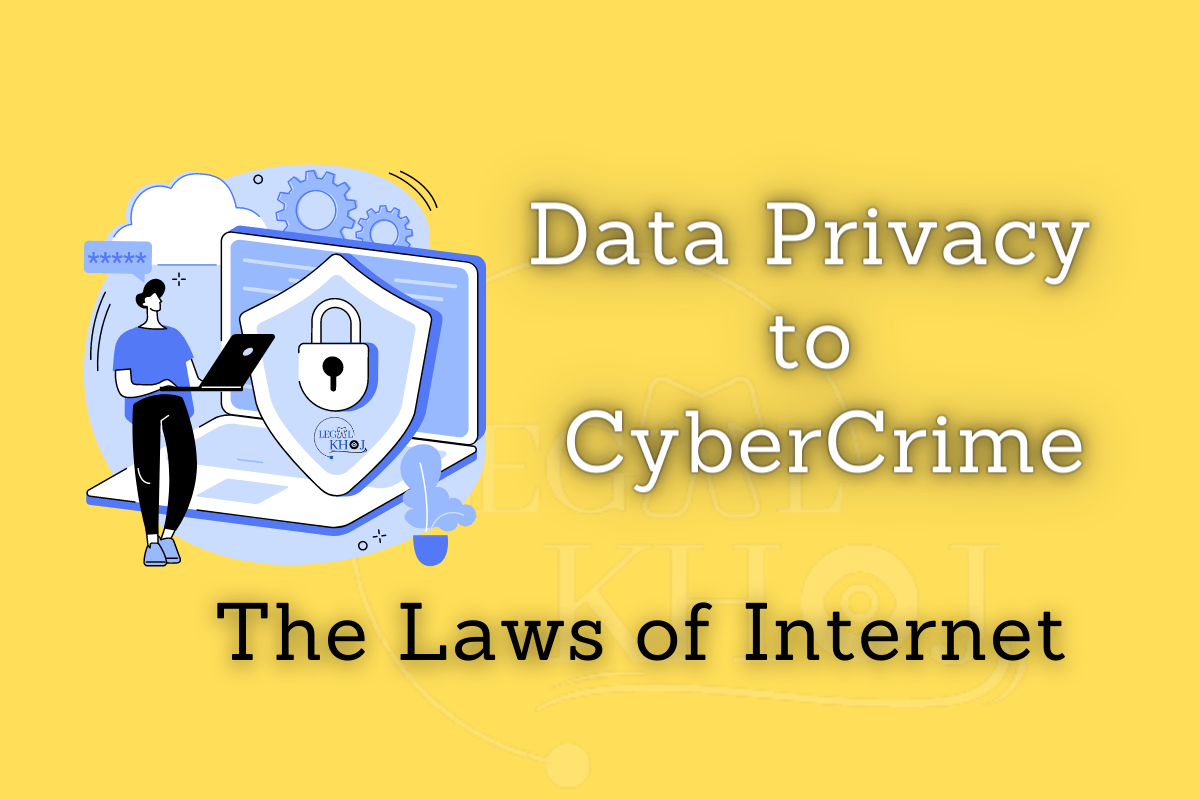The internet is a vast and complex network of information, communication, and commerce. It has transformed our lives in countless ways and has become an integral part of modern society. However, as the use of the internet has grown, so too have the legal and ethical issues surrounding it.
One of the most pressing issues is data privacy. With the increasing amount of personal information being shared online, it’s essential that laws are in place to protect individuals’ privacy. The European Union has taken a lead in this area with the General Data Protection Regulation (GDPR), which sets out strict rules on the collection, storage, and use of personal data. The GDPR requires companies to obtain explicit consent from individuals before collecting their data and to ensure that the data is stored securely. The regulation also gives individuals the right to access their data and to have it deleted if they wish.
Another major concern is cybercrime. The internet provides a platform for criminals to engage in illegal activities such as hacking, identity theft, and online fraud. To combat cybercrime, governments around the world have introduced laws and regulations, such as the Computer Fraud and Abuse Act in the United States, which make it a criminal offense to engage in unauthorized access to computer systems and the unauthorized distribution of sensitive information.
The growth of e-commerce has also raised legal and ethical issues. Online transactions require laws to ensure the protection of consumers, such as the Electronic Signatures in Global and National Commerce Act in the United States, which recognizes electronic signatures as legally binding. The law also requires online merchants to provide consumers with clear information about the products and services they offer, and to obtain their consent before collecting payment. The regulation of online speech and content is another area that has received significant attention. Governments and internet service providers are under pressure to remove illegal and harmful content, such as hate speech, incitement to violence, and child pornography, from the internet. However, this raises questions about freedom of speech and censorship. Laws, such as the Communications Decency Act in the United States, have been introduced to balance the right to free speech with the need to protect individuals from harmful content.
In conclusion the internet has created a multitude of legal and ethical challenges, and
the laws surrounding it are constantly evolving. As technology continues to advance
and the use of the internet expands, it’s crucial that laws are in place to protect
individuals’ privacy, to combat cybercrime, to regulate e-commerce, and to ensure the
responsible use of online speech and content. The development of these laws will
continue to play a critical role in shaping the future of the internet and our use of it.









Leave a Reply